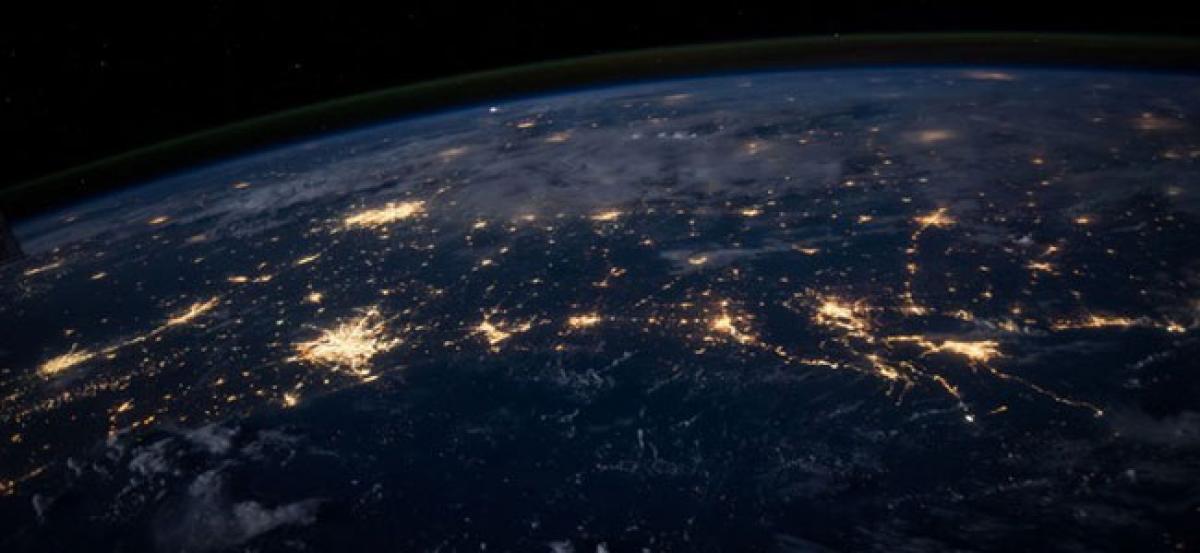Live
- Divyanka Tripathi took up magic workshop to learn the art of magic for her new show
- Minister unveils design conclave poster
- Sonu Sood Appointed Brand Ambassador and Honorary Tourism Advisor for Thailand
- Ganja cultivation in heart of vizag
- BRS lodges complaint against CM, Minister
- When Preity Zinta embarrassed her mother by stuffing oranges in her clothes
- Cong MLA likens KCR to Godse
- SITAM signs MoU to establish new Labs
- Clear your stand on caste census, Ponam asks BJP
- Officials collect details from Governor
Just In

In four years from now, you can holiday in space too.
New Delhi: In four years from now, you can holiday in space too.
Yes, it is true. A Silicon Valley startup, Orion Span, on Friday made this big announcement that they will open a luxury hotel in low-Earth orbit by 2022, according to NBC News.
The only hitch, which is astronomically big, with the space hotel, named Aurora Station, is the trip cost per person.
Just to give you an idea, according to a report published on travelandleisure.com in 2017, the world's most expensive hotel suite was at the Hotel President Wilson in Geneva, Switzerland, where rates start from approximately $80,000 (nearly Rs 52 lakh at current exchange rate) per night.
Whereas in Aurora Station, which would be 200 miles (321 km) above Earth, only the room reservation price is $80,000, the 12-day stay would cost you staggering $9.5 million (Rs 61.6 crore) per person.
"That experience entails.growing food in space, running science experiments, doing astronaut certification," NBC News quoted Orion Span CEO Frank Bunger as saying.
Growing food in space and running science experiments may sound interesting to some, but one will get to experience much more than that.
The space tourist will get to witness luminous auroras and sunrises and sunsets, which will be 12 times every day.
But the cherry on top would be to see our blue planet Earth as a whole against the blackness of space.
According to the company, the orbiting inn will be able to accommodate four guests at a time and two crew members and the construction of one of its modules will begin in 2019.
The company plans to launch it into orbit by late 2021 and additional modules could be attached later, Bunger said.
It should be noted here that, this wouldn't be the first time a private individual went into space. Between 2001 and 2009, seven "private astronauts" rode Russian-made Soyuz rockets to the International Space Station for brief stays.

© 2024 Hyderabad Media House Limited/The Hans India. All rights reserved. Powered by hocalwire.com







